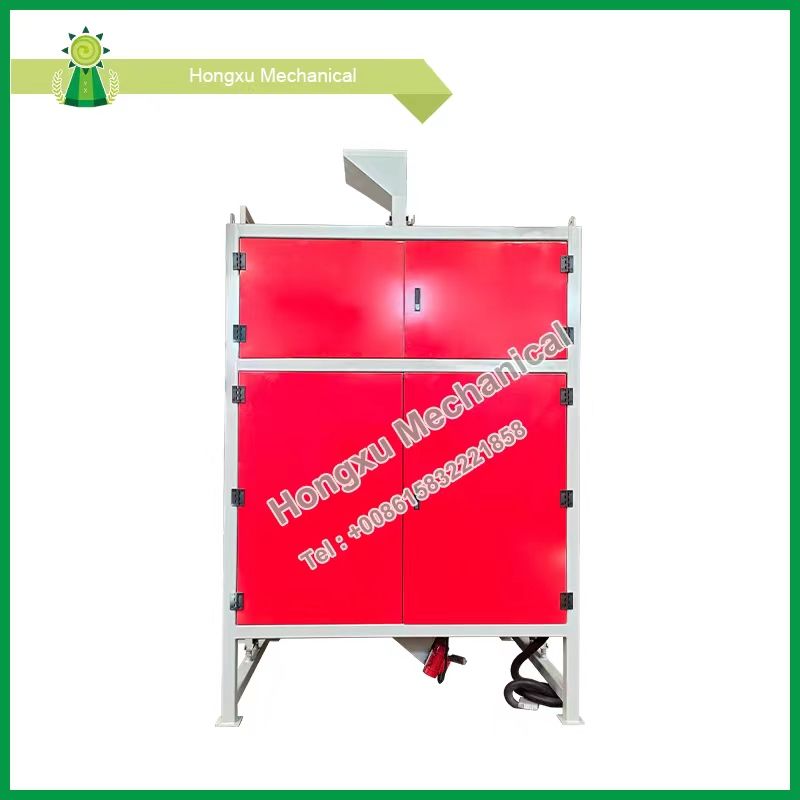Key Features and Considerations of Plastic Silicone Machines
2024-07-18
A plastic silicone machine refers to equipment used in the processing and manufacturing of plastic and silicone products. Here's an overview of what this equipment entails:
Plastic Silicone Machine Types:
1. Injection Molding Machine:
- Process: Injects molten plastic or silicone material into a mold cavity under high pressure and temperature.
- Applications: Used to produce a wide range of plastic and silicone parts, components, and products, from small precision parts to large components.
2. Extrusion Machine:
- Process: Extrudes molten plastic or silicone through a die to create continuous profiles or shapes with consistent cross-sections.
- Applications: Produces pipes, tubing, seals, gaskets, and other linear products made from plastic or silicone.
3. Blow Molding Machine:
- Process: Forms hollow plastic or silicone parts by inflating a heated plastic or silicone parison inside a mold cavity.
- Applications: Commonly used for producing bottles, containers, and automotive components.
4. Compression Molding Machine:
- Process: Uses heat and pressure to mold plastic or silicone material into a specific shape within a heated mold cavity.
- Applications: Suitable for manufacturing products requiring precise dimensions and material properties, such as seals, gaskets, and electrical components.
Key Features and Considerations:
- Material Compatibility: Machines are designed to handle specific types of plastics (thermoplastics, thermosets) or silicone materials based on their melting points, viscosity, and processing requirements.
- Control Systems: Incorporate advanced control systems for precise temperature, pressure, and cycle control to ensure consistent quality and production efficiency.
- Tooling and Molds: Require customized molds or tooling designed to create the desired shape and features of the plastic or silicone product.
- Automation: Increasingly integrated with automation technologies for enhanced productivity, reduced labor costs, and improved safety.
- Energy Efficiency: Focus on energy-efficient designs to minimize operational costs and environmental impact during plastic and silicone processing.
Applications:
- Automotive Industry: Manufacturing of interior components, seals, gaskets, and under-the-hood parts.
- Consumer Goods: Production of plastic and silicone household items, packaging, and electronic enclosures.
- Medical Devices: Fabrication of silicone implants, medical tubing, seals, and disposable medical devices.
- Construction: Creation of plastic and silicone seals, gaskets, and profiles for windows, doors, and building materials.
Benefits:
- Versatility: Capable of producing a wide range of products with varying complexities and material properties.
- Precision: Offers precise control over dimensions and material distribution, ensuring consistent product quality.
- Efficiency: High production efficiency and repeatability, reducing manufacturing lead times and costs.
- Customization: Ability to customize designs and material formulations to meet specific product requirements and industry standards.
Plastic silicone machines play a critical role in modern manufacturing processes, enabling the production of diverse plastic and silicone products used across industries such as automotive, medical, consumer goods, and construction.



